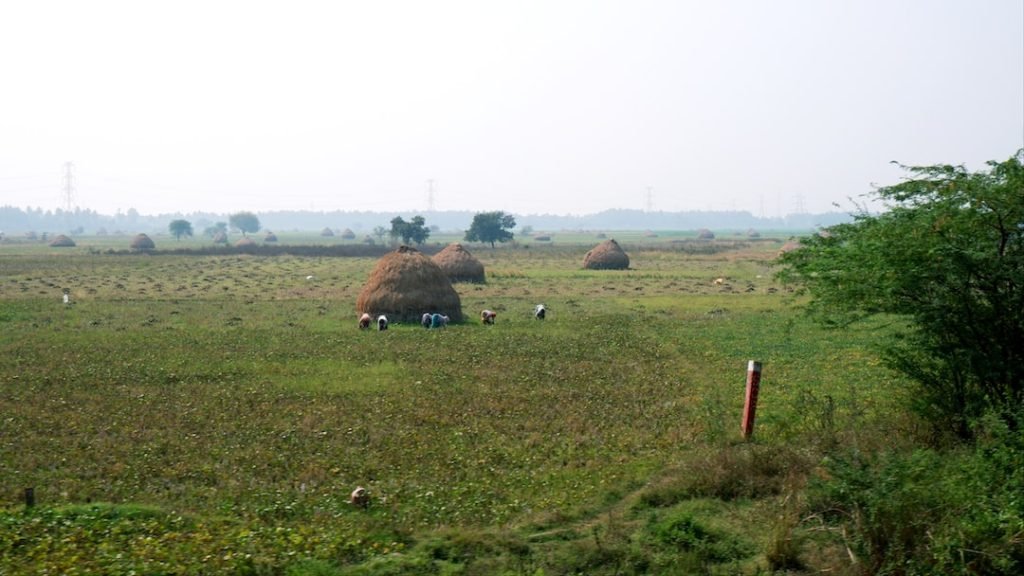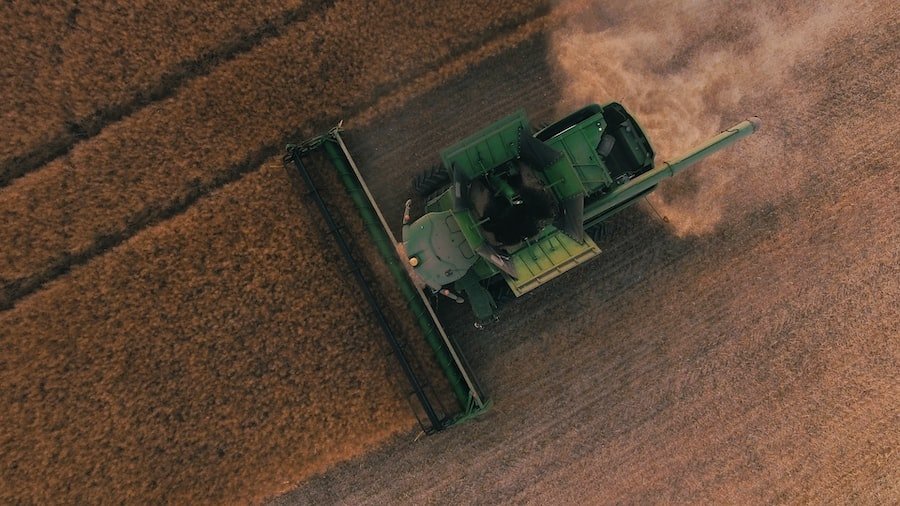

Farming and Agriculture: Spanish Vocabulary for the Fields
Learning Spanish is becoming increasingly important for individuals working in the farming and agriculture industry. With the growing number of Spanish-speaking workers in this field, being able to communicate effectively in Spanish can greatly enhance productivity and efficiency on the farm. Spanish is widely spoken in the agricultural industry, particularly in countries such as Mexico, Spain, and many Latin American countries where agriculture plays a significant role in the economy.
Table of Contents
ToggleBasic Spanish Terms for Farming and Agriculture
To effectively communicate in Spanish within the farming and agriculture industry, it is essential to have a basic understanding of key terms. Some basic Spanish terms for farming and agriculture include “campo” (field), “cultivo” (crop), and “siembra” (planting). These terms are commonly used when discussing different aspects of farming, such as preparing the field for planting or discussing different types of crops.
Spanish Vocabulary for Farm Equipment and Machinery
Farm equipment and machinery are essential tools in the agricultural industry. It is important to be familiar with the Spanish terms for these tools to effectively communicate with Spanish-speaking workers. Some common Spanish terms for farm equipment and machinery include “tractor” (tractor), “arado” (plow), and “sembradora” (seeder). These terms are used when discussing different types of machinery used in farming, such as tractors for plowing fields or seeders for planting crops.
Common Spanish Phrases for Farm Workers
In addition to learning specific vocabulary, it is also helpful to know some common phrases that are frequently used by farm workers. These phrases can help establish rapport and facilitate communication with Spanish-speaking workers. Some common Spanish phrases used by farm workers include “buenos días” (good morning), “gracias” (thank you), and “por favor” (please). These simple phrases can go a long way in creating a positive and productive work environment.
Spanish Vocabulary for Crops and Harvesting
Crops and harvesting are central to the farming and agriculture industry. It is important to be familiar with the Spanish terms for different types of crops and the process of harvesting. Some Spanish terms for crops include “maíz” (corn), “trigo” (wheat), and “cosecha” (harvest). These terms are commonly used when discussing different types of crops or when talking about the process of harvesting.
Spanish Terms for Livestock and Animal Husbandry

Livestock and animal husbandry are integral parts of the farming and agriculture industry. Knowing the Spanish terms for different types of livestock and animal husbandry practices can greatly enhance communication with Spanish-speaking workers. Some Spanish terms for livestock include “ganado” (livestock), “vaca” (cow), and “oveja” (sheep). These terms are used when discussing different types of livestock or when talking about animal husbandry practices.
Spanish Vocabulary for Irrigation and Water Management
Irrigation and water management are crucial aspects of farming and agriculture. Being familiar with the Spanish terms for irrigation and water management can help facilitate effective communication in these areas. Some Spanish terms for irrigation and water management include “riego” (irrigation), “canal” (canal), and “pozo” (well). These terms are used when discussing different aspects of irrigation systems or when talking about water management practices on the farm.
Advanced Spanish Vocabulary for Agricultural Science
For individuals working in agricultural science, having a strong command of advanced Spanish vocabulary is essential. This can help facilitate communication in areas such as biotechnology, agronomy, and genetics. Some advanced Spanish vocabulary for agricultural science includes “biotecnología” (biotechnology), “agronomía” (agronomy), and “genética” (genetics). These terms are used when discussing advanced concepts and practices in agricultural science.
Importance of Learning Spanish for Farming and Agriculture
In conclusion, learning Spanish is of utmost importance for individuals working in the farming and agriculture industry. With the increasing number of Spanish-speaking workers in this field, being able to communicate effectively in Spanish can greatly enhance productivity and efficiency on the farm. By having a strong command of Spanish vocabulary related to farming, agriculture, equipment, livestock, irrigation, and agricultural science, individuals can improve communication with Spanish-speaking workers, increase job opportunities, and contribute to the overall success of the industry.
If you’re interested in learning Spanish vocabulary specifically related to farming and agriculture, you might find this article on Spanish Vocabulary for the Fields helpful. It provides a comprehensive list of essential words and phrases that will enable you to communicate effectively in agricultural settings. Whether you’re a farmer, an agricultural student, or simply have a passion for the subject, this article is a valuable resource for expanding your Spanish language skills in the context of farming and agriculture.
FAQs
Why is it important to learn Spanish vocabulary for farming and agriculture?
Learning Spanish vocabulary for farming and agriculture can be helpful for those who work in the industry, especially in areas with a large Spanish-speaking population. It can also help improve communication and understanding between Spanish-speaking workers and English-speaking supervisors.
What are some common Spanish words related to farming and agriculture?
Some common Spanish words related to farming and agriculture include “cultivar” (to cultivate), “cosechar” (to harvest), “sembrar” (to sow), “ganado” (livestock), “fertilizante” (fertilizer), and “tractor” (tractor).
Are there any specific Spanish phrases or idioms related to farming and agriculture?
Yes, there are several Spanish phrases and idioms related to farming and agriculture. For example, “ponerse las botas” (to put on boots) is a phrase used to describe someone who is getting ready to work in the fields. “Echar raíces” (to put down roots) is an idiom used to describe someone who has settled down in a particular place, often in a rural area.
Where can I learn more Spanish vocabulary related to farming and agriculture?
There are many resources available for learning Spanish vocabulary related to farming and agriculture, including online courses, textbooks, and language exchange programs. It may also be helpful to practice speaking with native Spanish speakers who work in the industry.
If you want to learn Spanish, you can register for classes here. We look forward to hearing from you and helping you become fluent in Spanish!
If you want to learn Norwegian, you can register for classes here. We look forward to hearing from you and helping you become fluent in Norwegian.





